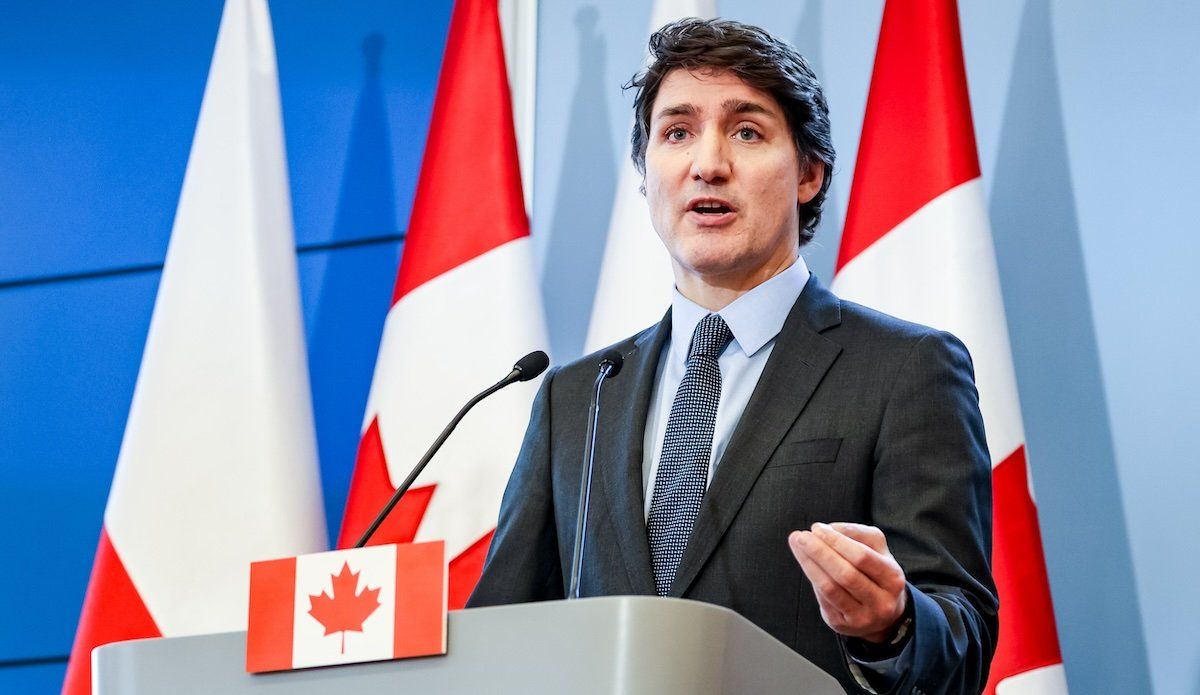Though Prime Minister Justin Trudeau is signing a $3 billion deal to provide security assistance to Ukraine, critics are once again complaining that Canada doesn’t spend enough on defense. In recent days, the country’s allies — particularly the US — have launched a full-court press on the Trudeau government to cough up more cash. It’s unlikely to work.
Last week, US ambassador to NATO Julianne Smith complained that not only does Canada come up short of the alliance’s 2% of GDP spending target — it's the only country with no plan to get there. Smith’s criticism echoes that of NATO chief Jens Stoltenberg, who says he expects Canada “to deliver on the pledge to invest 2% of GDP… because this is a promise we all made.”
Meanwhile, the US ambassador to Canada, David Cohen, played good cop (sort of). He had kind words about Canada’s commitment to defense in Ukraine, the Arctic, and North America, before adding that “the world is watching” what Canada spends — or doesn’t. The country is heading towards an outlay of 1.43% of GDP in 2025, shy of the 2% target, but still the highest it’s been in over 12 years as the Canadian Forces stare down serious readiness issues.
Trudeau remains non-committal. The Canadian government’s standard reply on the matter goes something like this: We’ll always show up for our allies, we’re working on our contributions as we manage a deficit and debt, we’re part of NORAD, and we bought all those F-35 fighter jets. So, back off.
The bottom line: Expect ally complaints to continue, but don’t anticipate a big defense spending increase in Canada any time soon.
